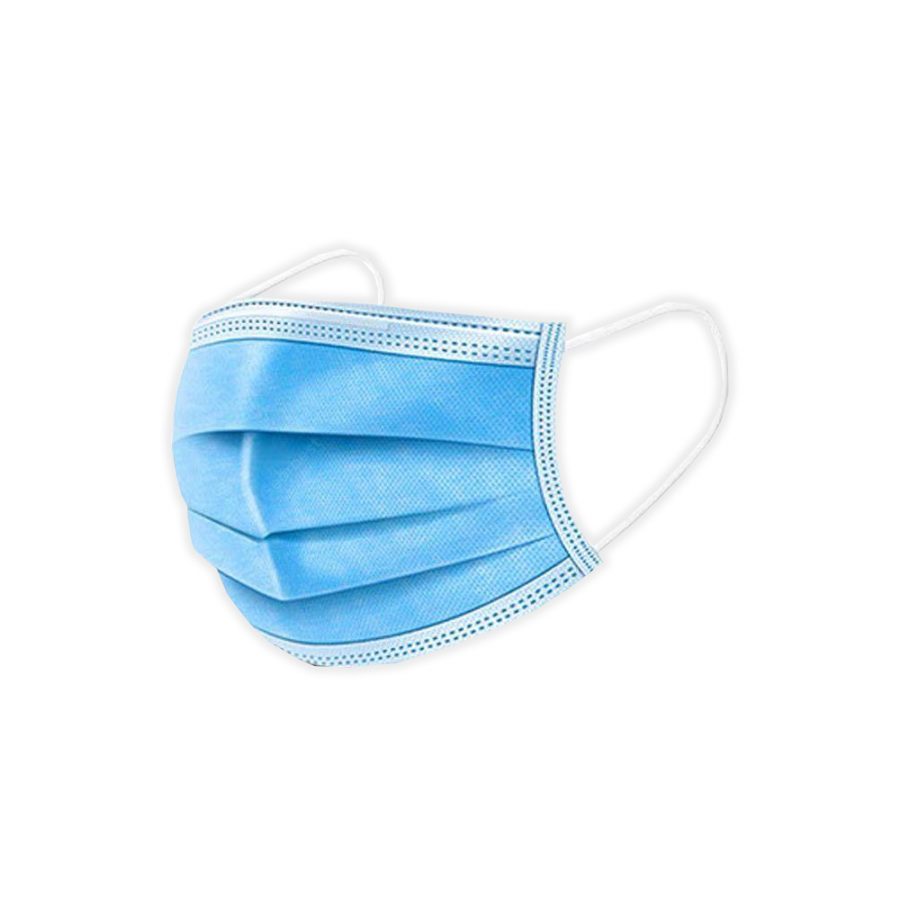The Issue With Disposable Masks
December 21, 2020
Due to COVID-19, disposable masks are in high demand which present a danger to the environment by contributing to environmental waste.
These masks have other environmental effects, including indirectly impacting and increasing climate change.
According to NCBI.gov, “if historical data is a reliable indicator, it can be expected that around 75 percent of the used masks, as well as other pandemic-related waste, will end up in landfills, or floating in the seas.” This would only contribute even more to waste patches such as the Great Pacific Garbage Patch –which was formed by gyres and trash/debris, taken there by ocean currents– or even local landfills.
Environmental pollution has already proved to be a prominent, growing issue and masks are adding more waste to oceans and landfills. The real problem with disposable masks is what they are made of. When masks are discarded, they break down into plastic and are eventually carried by wind, precipitation or other environmental factors to the ocean.
Once these masks reach the ocean, they begin to break down into microplastics, polluting the waters and even being consumed by animals. These microplastics can sicken and weaken fish. These same fish are on the lower half of the food chain, if their population goes extinct it could have major consequences on the ocean’s food chain, also disturbing the global food supply change and industry.
Not only will these microplastics harm the ocean industry, they will also harm humans. Humans are already ingesting 39,000 to 52,000 microplastics annually and disposable masks will only add to the issue. UN News explains that consequences will impact aquatic lives and human lives, “plastic particles are getting into foods meant for human consumption, raising a concern on global food safety.”
Another problem with disposable masks is that when they do reach the ocean, they are getting entangled with wildlife and suffocating animals.
Humans must begin to change in order to reduce the number of disposable masks in the environment. One of the most effective alternatives is the simplest: reusable masks. Since masks are required pretty much everywhere these days in response to COVID-19, many people in small communities have started businesses and even nonprofit organizations selling masks made of cloth or fabric.
Reusable masks are effective because they can be reused and washed; they are also cost-efficient because people would not need a constant supply of disposable masks, leaving essential health care and front-line workers with the masks they need to keep everyone safe.
With a possible second wave of the pandemic occurring, it is essential that everyone wears reusable masks since it is a great way to be environmentally friendly while keeping others safe.



